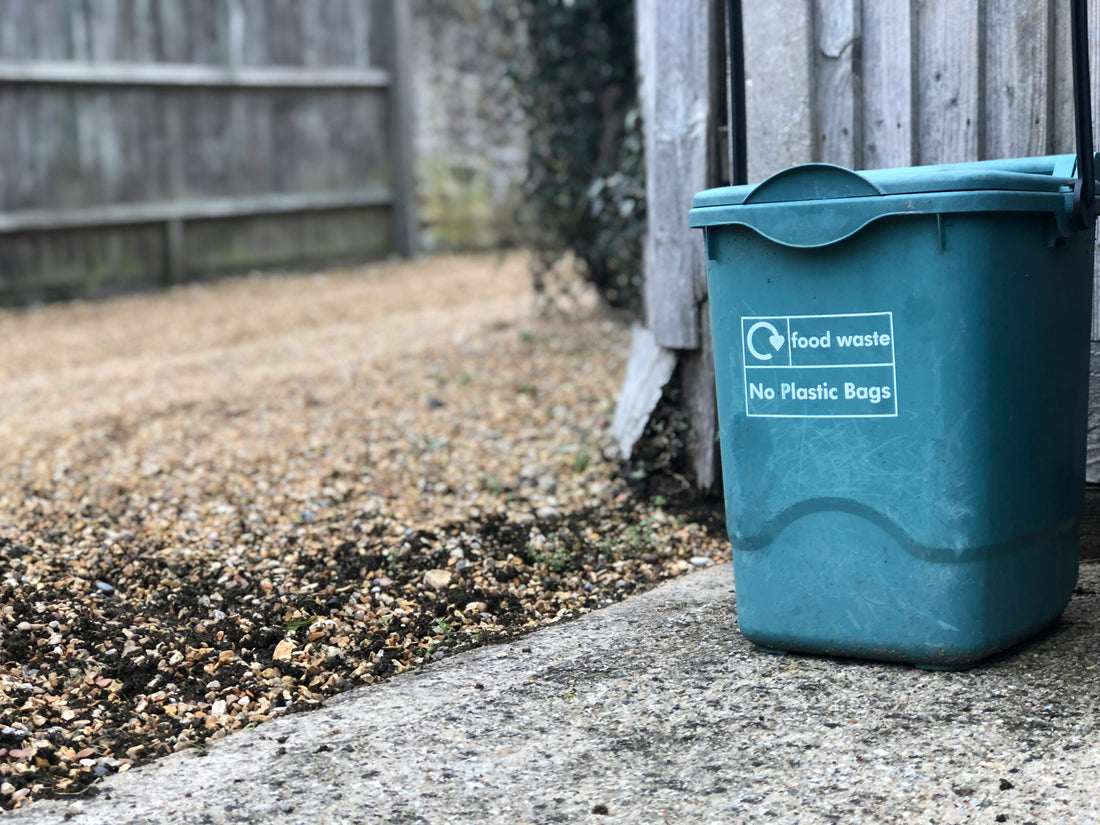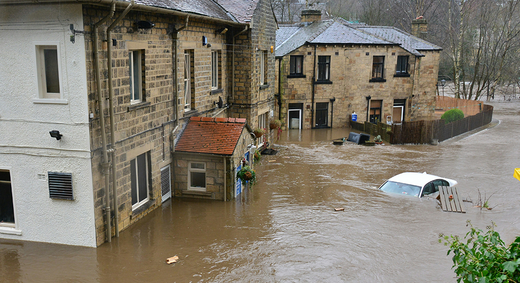
Exploring the Journey of Kitchen Food Waste in the UK
Share
As we dispose of our kitchen food waste into the designated bins, it embarks on a journey managed by local councils in the UK. Let's delve into the detailed process of what happens to this waste once it's picked up:
1. Collection Process:
Local councils employ a systematic approach to collecting kitchen food waste:
- Separate bins: Homes are provided with separate bins for general waste, recycling, and food waste.
- Biodegradable liners: Food waste bins are equipped with biodegradable liners, aiding in the collection process.
- Segregated collection: Waste collection teams ensure the separation of food waste during the collection process, optimizing its potential for sustainable management.
2. Transportation:
After collection, the food waste undergoes transportation via specialized waste collection vehicles:
- Specialized vehicles: These vehicles are designed to transport organic waste efficiently, minimizing both leakage and odors.
- Transport to processing facilities: The food waste is then transported to dedicated processing facilities where the next steps in its transformation take place.
3. Anaerobic Digestion:
One prevalent method for processing kitchen food waste in the UK is through anaerobic digestion:
- Environmentally friendly process: Anaerobic digestion involves breaking down organic matter in the absence of oxygen.
- Biogas production: Microorganisms digest the food waste, producing biogas (primarily methane) as a byproduct.
- Renewable energy: The captured biogas can be used as a sustainable energy source for electricity or heat production, contributing to a reduction in greenhouse gas emissions.
4. Composting:
Composting is another widely adopted method for managing kitchen food waste:
- Composting facilities: Dedicated composting facilities break down organic waste into nutrient-rich compost through controlled decomposition.
- Soil enrichment: The resulting compost is then utilized to enrich soil, promoting healthier plant growth and reducing the reliance on chemical fertilizers.
5. Waste-to-Energy:
Some local councils opt for waste-to-energy facilities to process food waste:
- Incineration process: In these facilities, the organic matter is incinerated, generating both heat and electricity.
- Sustainable energy: The produced energy can be harnessed to power homes or fed back into the grid, creating a sustainable energy source for the community.
The comprehensive journey of kitchen food waste in the UK, from collection at households to its transformation into renewable energy, compost, or nutrient-rich soil, highlights a commitment to a sustainable and circular economy. As consumers, understanding and actively participating in this process empower us to make informed choices, contributing to a greener and more environmentally conscious future.









